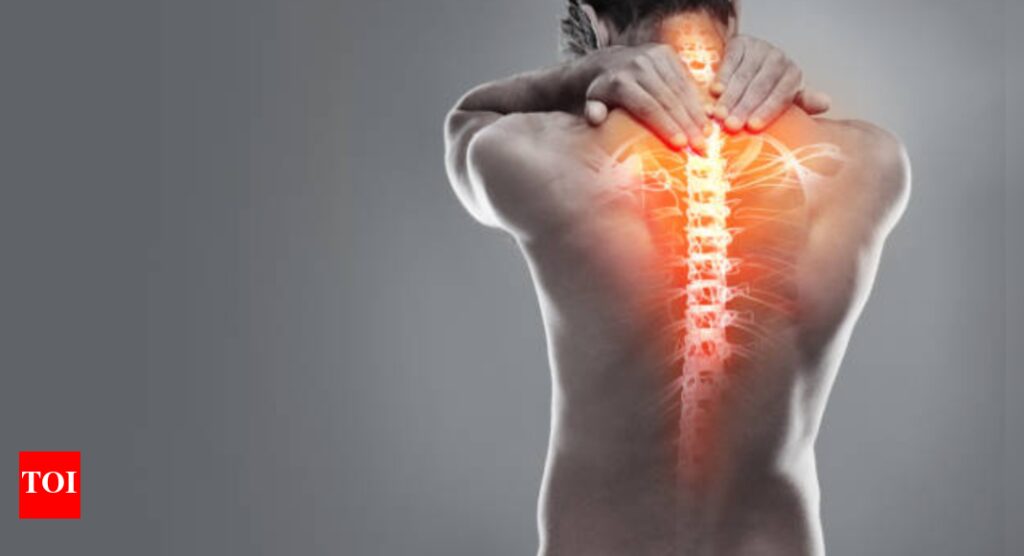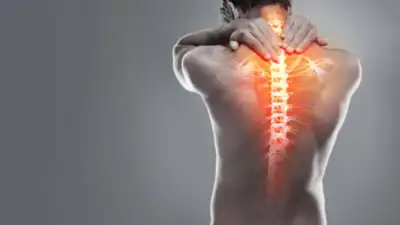Sunshine shortfall: How Vitamin D deficiency eats away at your bones

Vitamin D is commonly referred to as the sunshine vitamin. It’s very important for strong, healthy bones throughout every stage of life. As a physician, I frequently witness the catastrophic consequences of vitamin D deficiency, and everyone needs to realize how vital this nutrient is for bone health.
Notable functions of vitamin D
One of the most important functions of vitamin D is in calcium absorption. Calcium is the main structural mineral in bones, and if there isn’t enough vitamin D present, the body has a hard time absorbing calcium. Over time, this can create a calcium deficiency in the body, even if a person is getting enough calcium in his or her diet, which can affect the strength and development of bones.In addition to absorption, vitamin D is necessary for bone mineralization — the process by which calcium and phosphate are deposited in the bones, making them hard and dense. Without this process operating well, bones may become weak or brittle. This is particularly important during childhood (while bones are still growing) and in adolescence, and later life, lest bone mass be lost.It’s also necessary for bone remodeling, a lifelong process in which old bone tissue is replaced with new — it enables the absorption of calcium, which the body stores in bones. That helps keep bones strong and able to rebound from strain or micro-damage. In the absence of adequate vitamin D, this process becomes unregulated and thereby contributes to problems like bone disease.Yet, one of the most underestimated roles of vitamin D is its influence on muscle status. Strong muscles are important for more than just mobility and preventing falls (a major source of fractures, especially for the elderly). Vitamin D strengthens and supports muscles, which can help fall prevention, and that fall prevention effect is linked to indirectly supporting your bones because you lower the incidence of falls.Vitamin D insufficiency is known to be closely related to the risk of osteoporosis and fractures. This concerns in particular post-menopausal women as well as older adults, in which vitamin D supplementation is frequently advised as a measure for preventive bone health.In children, a lack of vitamin D can cause rickets, a disease characterized by soft, weak bones and skeletal deformities like bowed legs. The good news is that rickets can be prevented by ensuring that one gets enough vitamin D, either from the sun, the diet, or supplementation.In summary, vitamin D represents more than a mere vitamin, being the cornerstone of bone health throughout life. Results are needed to establish optimal concentrations, but levels should be optimized via sunlight and/or diet (and, when necessary, supplements) to prevent diseases related to bone disorders and to build strong and resistant bones at all ages.Dr. Kiran Kumar Mannava, Consultant – Orthopaedics, Manipal Hospital, Vijayawada







